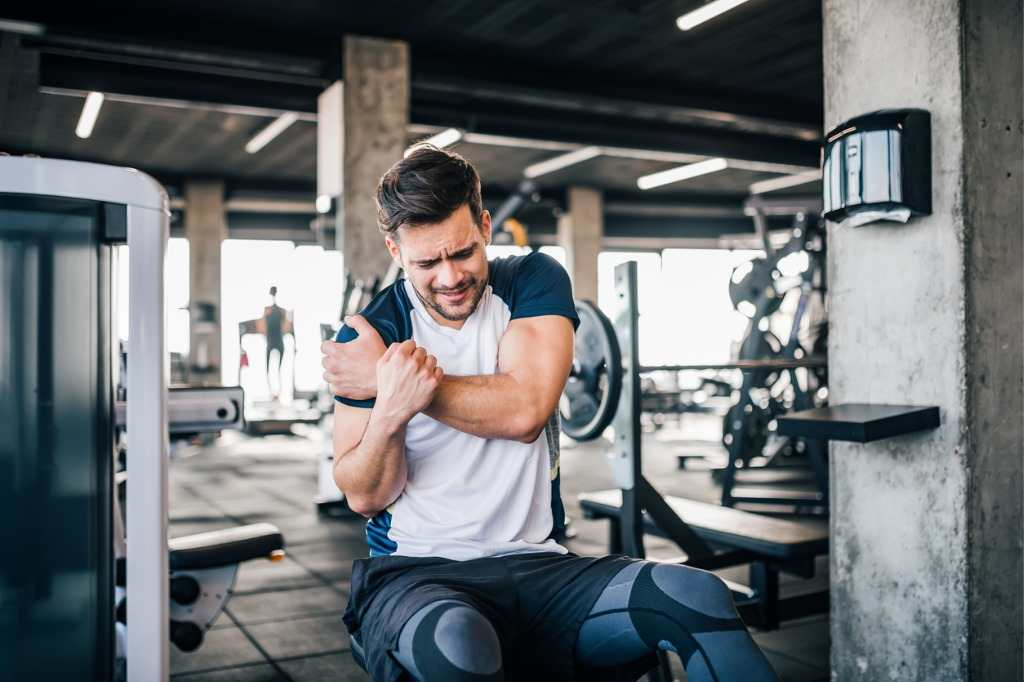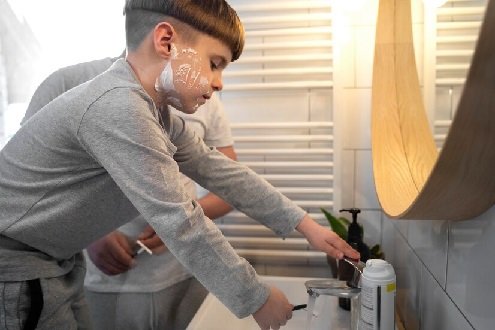
Orthopedic specialists diagnose and treat conditions that affect the musculoskeletal system, including bones, joints, ligaments, tendons, and nerves. They help athletes and patients undergoing physical therapy recover from injuries, manage chronic conditions, and regain mobility. Here are three conditions orthopedic specialists may treat:
1. Spinal Stenosis
Spinal stenosis occurs when the spaces within the spine narrow and place pressure on the nerves in the spinal column. This condition may be caused by age-related changes, such as osteoarthritis or the thickening of ligaments in the spine. Athletes who experience repetitive stress to the spine may also be at risk for developing spinal stenosis over time. Some symptoms of spinal stenosis include neck or lower back pain, numbness or tingling in the arms, legs, or feet, muscle weakness, or difficulty walking.
Treatment Options
Orthopedic specialists treat spinal stenosis based on the severity of the condition. Initial care may include physical therapy to strengthen the muscles, improve flexibility, and reduce pressure on the spine. The specialist may prescribe anti-inflammatory medications or corticosteroid injections to help manage pain and inflammation. Some orthopedic specialists recommend doing platelet-rich plasma (PRP) therapy as a regenerative treatment method.
2. Herniated Disc
A herniated disc, which is sometimes called a slipped or ruptured disc, occurs when the soft center of a spinal disc pushes out through a tear in its outer layer. This can irritate or compress nearby nerves, causing discomfort that ranges from mild to debilitating. While herniated discs are common in athletes due to intense physical activity, anyone can develop this condition.
Symptoms of Herniated Disc
- Sharp pain in the lower back or neck
- Radiating pain down the arms or legs (known as sciatica)
- Tingling or numbness in affected areas
- Muscle weakness
Treatment Options
Some of the first treatment options for a herniated disc include physical therapy, rest, and anti-inflammatory medications. Physical therapy focuses on exercises that strengthen the back and core, which should relieve pressure on the herniated disc. If you have severe pain, epidural steroid injections may provide relief by reducing inflammation around the nerve. For additional relief at home, using a shiatsu massager can help relax tense muscles and alleviate discomfort. If symptoms fail to improve with these approaches, surgical treatments like a microdiscectomy can be performed to remove the damaged portion of the disc.
3. Peripheral Neuropathy
Peripheral neuropathy refers to nerve damage outside of the brain and spinal cord that disrupts communication between the nervous system and the rest of the body. Athletes and physical therapy patients may experience this condition due to injuries, infections, or underlying health conditions like diabetes. Some symptoms of peripheral neuropathy include burning, tingling, or stabbing sensations in the hands or feet and muscle weakness. Patients can also have problems with coordination and sensitivity to touch. Some may experience a reduced ability to feel pain or changes in temperature.
Treatment Options
Orthopedic specialists treating peripheral neuropathy often focus on alleviating symptoms and addressing the underlying cause. Pain relievers or anti-seizure drugs can help manage nerve-related discomfort. Physical therapy can help improve muscle strength and coordination. Making lifestyle changes, such as eating a healthy diet and doing regular exercise, can also help in slowing down nerve damage. If the peripheral neuropathy is caused by physical trauma, the specialist might recommend repairing or stabilizing the affected nerves and tissues through surgery.
Learn More From Orthopedic Specialists
Orthopedic specialists diagnose and treat conditions that impact mobility and quality of life, such as spinal stenosis, herniated discs, and peripheral neuropathy. If you’re an athlete aiming to recover from an injury or a physical therapy patient managing chronic pain, an orthopedic specialist may be able to help you recover. Get in touch with a specialist if you’re experiencing symptoms of any of these conditions. They can do a thorough evaluation and guide you through your recovery.







